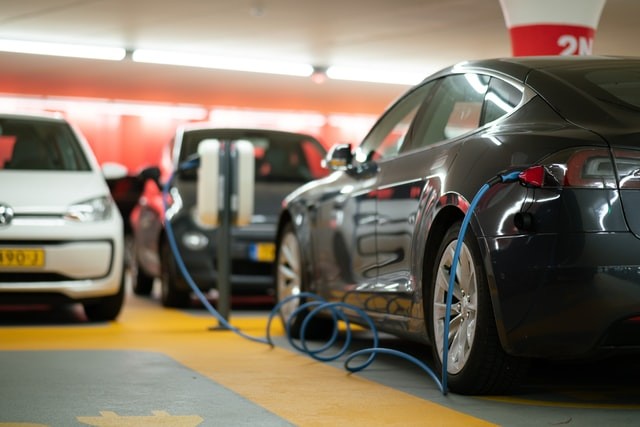People buy cars for three different reasons: as a first ever vehicle, a replacement or an upgrade. People are spoiled for choice when they go car shopping, too. They can look at anything from family cars to sports' cars, from brand new to second hand and from small to spacious.
Thanks to the rapid advancement in technology, it's now possible to add EVs (Electric Vehicles) to the list. More and more models are being made, and they are becoming increasingly popular. The car companies are trying to bring costs down, in order to be competitive. Perhaps you are in need of a new vehicle. Let's discuss six reasons why you may find yourself driving an EV some time soon.
They Provide A Taste Of Luxury And Speed
It's no surprise that cars like the LaFerrari or Porsche 918 have high acceleration rates. What may surprise you is that the Tesla Model S Performance (an EV) can go from 0-60 in just 2.4 seconds. Don't worry if you can't afford to buy such a luxury car outright. People who consider Leasing a Tesla Model 3 may also end up going from 0-60 in 3.2 seconds. With a luxurious glass roof and 425 litres of boot space, it may prove a tempting option.
They Are Cheaper To Run
There's no denying that an EV will set you back more initially. Longer term, however, there will be definite savings. An American firm claims that people can save between $4k and $5k on their running costs over five years. When you compare charging costs to petrol bills, EVs are around ten times cheaper.
There are at least 24 less mechanical parts for Electronic Vehicles than there are with traditional combustion engines. With fewer moving parts there is less friction. With less friction comes less wear and tear. That means less repairs or replacement, and less visits to the car garage. Imagine a car that needs no oil changes or replacement spark plugs and drive belts. There are none of the usual issues with transmission servicing or the changing of air filters. Cooling system flushes become redundant too. The two main car components that will need attention on an EV are the brakes and the batteries.
They Go The Distance
EVs aren't like electric bikes that run out of charge after 20 miles. Instead, many can take you up to 300 miles without a recharge. The Tesla Model 3 can go for 348 miles when fully charged. Simply plug the car in overnight, and it'll be ready to travel. This takes petrol stations out of the equation too: no more detours or queues are required. People who own solar panels at home can harness the sun's power to keep their cars going for free.
They Are Usually Safer
Many people who learned about EVs worried about this aspect at first. In reality, there's 80% less chance of one going on fire than there is for a petrol-driven car. It's also safer to have an issue with a car that isn't carrying a tank full of petrol! Because EVs use fewer components, this releases up more space for manufacturers to focus on structural integrity. This includes such things as front impact protection. Charts that display car safety ratings reveal some EVs to be high on the list.
They Are Quieter
Just as it's important to have good visibility when driving, it's also helpful when you can hear the traffic. Instead of having a noisy diesel engine, Electronic Vehicles are gentler on the ears. What makes cars with combustion engines noisy are the gear changes and chugging of the engine. By way of contrast, EVs provide a smooth and quiet ride. This makes it easier to hear what your passengers are saying, or to listen to your favourite music.
They Are Kinder To The Environment
Rather than just being an individual concern, it's a global issue. Governments are desperate to reduce greenhouse gas emissions and to protect the ozone layer. One major offender is the fumes coming from petrol-driven car exhaust pipes. Busy cities are congested with noisy traffic that increase our carbon footprint. With poor air comes an increase in respiratory issues among the population. People who suffer from asthma are one obvious example.
EVs have no exhaust and are therefore better for the environment. It's true that resources have to be used when charging their batteries. Having said that, the power involved is coming from increasingly renewable sources.
Research suggests that there could be 130 million Electronic Vehicles on the world's roads by 2030. They are becoming ever more advanced, and charging stations are rapidly on the increase. With their low running costs and high safety element they present an exciting option for many. Who knows: you may be driving an EV sooner than you think.
* This is a contributed article and this content does not necessarily represent the views of sciencetimes.com















